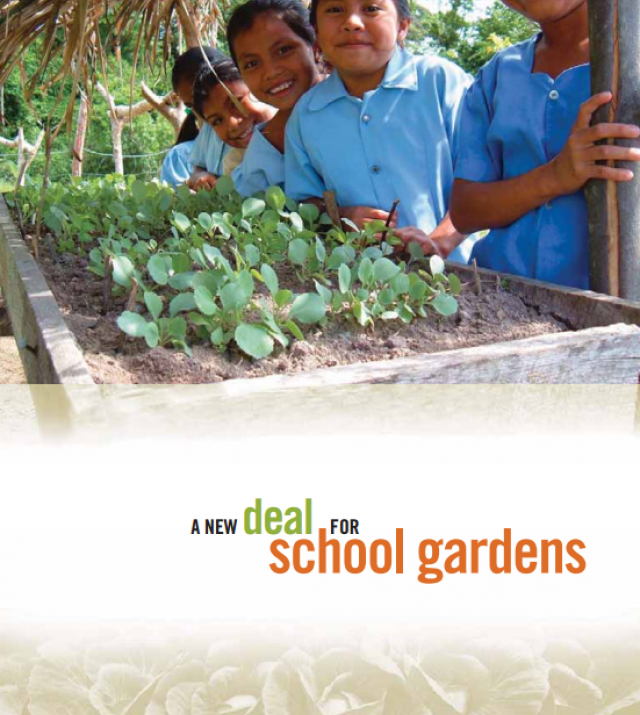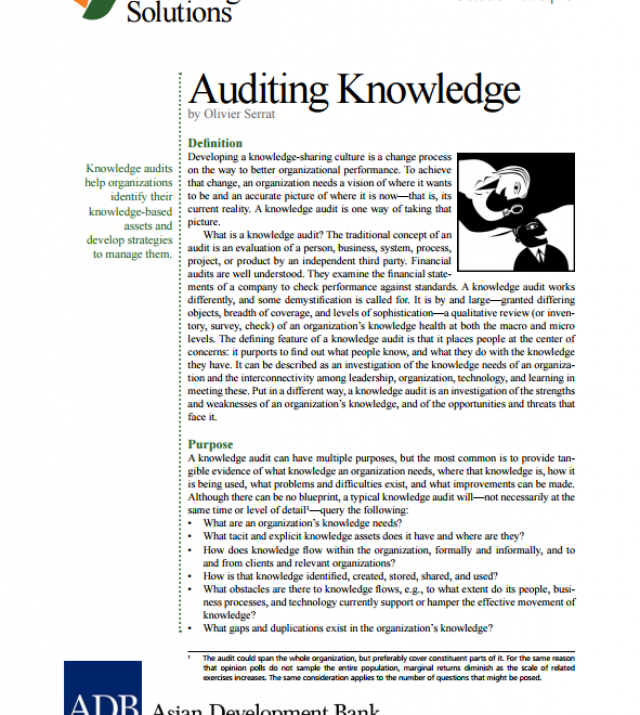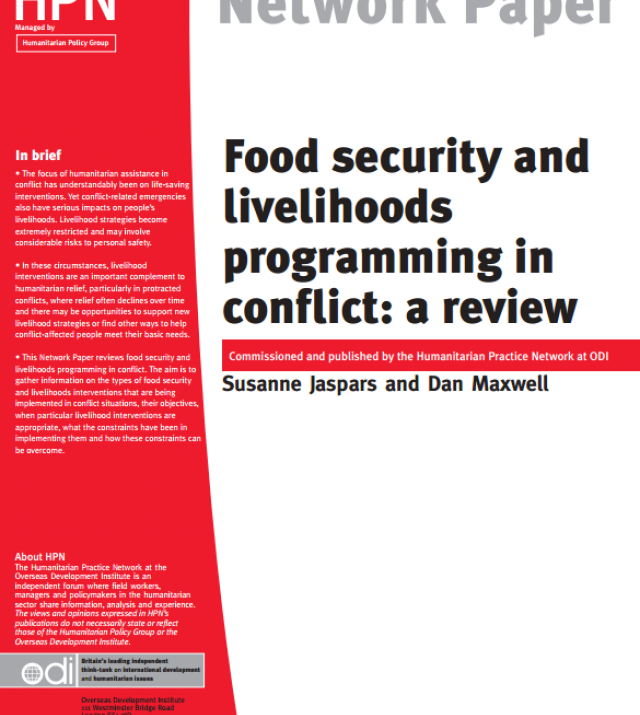
Program Learning and Adaptation: Integrating Field Experience and Realities into Improved Program Design, Implementation and Results
Presenters: Peter Ballantyne, Head, Knowledge Management and Information Services, International Livestock Research Institute; Jay Banjade, Chief of Party, Graduation with Resilience to Achieve Sustainable Development (GRAD) Project, CARE Ethiopia; Moderator: Joan Whelan, Knowledge Management Senior Specialist, Food Security and Nutrition Network/TOPS Program
Lessons are learned every day in the complex world of food security and nutrition integrated program implementation, but how are those lessons captured and shared so that necessary adaptations are put in place when needed, and future programs build on the successes and avoid the pitfalls of the past? Peter Ballantyne from the International Livestock Research Institute (ILRI) and Jay Banjade from the Graduation with Resilience to Achieve Sustainable Development (GRAD) Project shared experiences from their projects as well as their thoughts on how program learning can best be incorporated into programs.
Peter discussed the importance of program learning at ILRI, that as a scientific organization, it is critical to understand the true context the science must respond to, the problems that need solving, and how contextual effects can impact the solutions created. ILRI’s roles as a learning organization include being a knowledge partner, solution finder, and providing open research to broaden the knowledge base.
Some of ILRI’s innovation platforms, such as participatory community video, are used prior to research program implementation to capture local context and local need as a double-check on research assumptions, and exploration of the needs and opportunities the research should respond to. Similarly, the method is also to be used both during and after program implementation to explore community members’ experiences with a program to better understand what is working and what isn’t working, and to recognize overlooked needs and opportunities and unexpected outcomes.
In striving to make knowledge open, ILRI is also encouraging ‘working in observable ways’ to allow continual consultation and feedback on ongoing research and documentation. Challenges here include balancing the need to capture process as well as products and deliverables, building a culture of openness where ‘less than success’ may be visible to a broad audience, and the need for facilitation and curation – and the requisite skill to carry out the work.
Jay discussed the role of program learning on the PSNP+ program in Ethiopia, a large-scale program aiming to graduate millions from food insecurity. The lessons from PSNP+ - and the validity of its causal model - had the potential to influence future programs reaching the many millions of households in Ethiopia beyond the reach of PSNP+. Yet, at the outset, little budget had been set aside for learning given the imperative that as many households as possible be reached through direct program implementation. This tension - between reaching the largest number of beneficiaries possible versus learning from efforts to more effectively reach those beneficiaries with improved programs – remained throughout the course of program implementation.
They began using “learning questions” that explored the causal model, the combination of interventions, and the sequencing of interventions. The learning questions also looked at the role of implementation – what works in theory may be undone due to poor implementation or local contextual factors. The learning that resulted necessitated changes in how PSNP+ was implemented, from making activities more ‘drought-resistant,’ to calling for the mainstreaming of gender into livelihood activities, or linking of farmers with the private sector.
Jay also noted that learning was happening at the grassroots level as well as at the national and regional and local levels. Farmers were brought together to share their experiences, their learning and methods of adaptation.
The session ended with a discussion about program learning. Challenges were identified including: incorporating learning into program activities, the need for learning strategies to be more demand driven, for individuals, programs, donors and others to prioritize and make time for learning, and for a cultural shift that encourages discussion of 'less than success' as well as the process of development, not just the outcomes.
The Way Forward: Participants made recommendations in the following areas:
Knowledge Sharing
Program learning efforts should be integrated into roles of all program staff and become a part of organizational culture. This will require building tolerance for discussing and documenting ‘less than success’.
Involve all staff in developing project stories from beginning to end.
Organizations and project staff should seek ways to include other projects, organizations, governments and beneficiaries in learning and knowledge management efforts.
Processes
Learning and monitoring and evaluation (M&E) should be treated as related but distinct. Indicators should be identified for measuring and assessing learning and knowledge management as distinct from program performance and accountability.
Define outputs for program learning with standards for quality (e.g., participatory and action-oriented).
Create a comprehensive conceptual framework for program learning and dissemination of knowledge.
Capacity Strengthening
Consensus on promising approaches and tools is needed to strengthen capacity in program learning. Capacity strengthening activities are needed to ensure implementation of the practices.
Research and Evidence Base
Evaluation of program learning efforts should be carried out and the results/benefits shared with the broader community
Donor Policy and Practice
Dedicated funding for learning and knowledge management and documentation is needed. A program learning component should be asked for in RFAs and incorporated into project proposals.
Donors must be tolerant of “risks” associated with program learning (i.e. revealing short-comings) and be willing to move beyond the success story culture so that more valuable knowledge sharing can occur between implementers and donors

